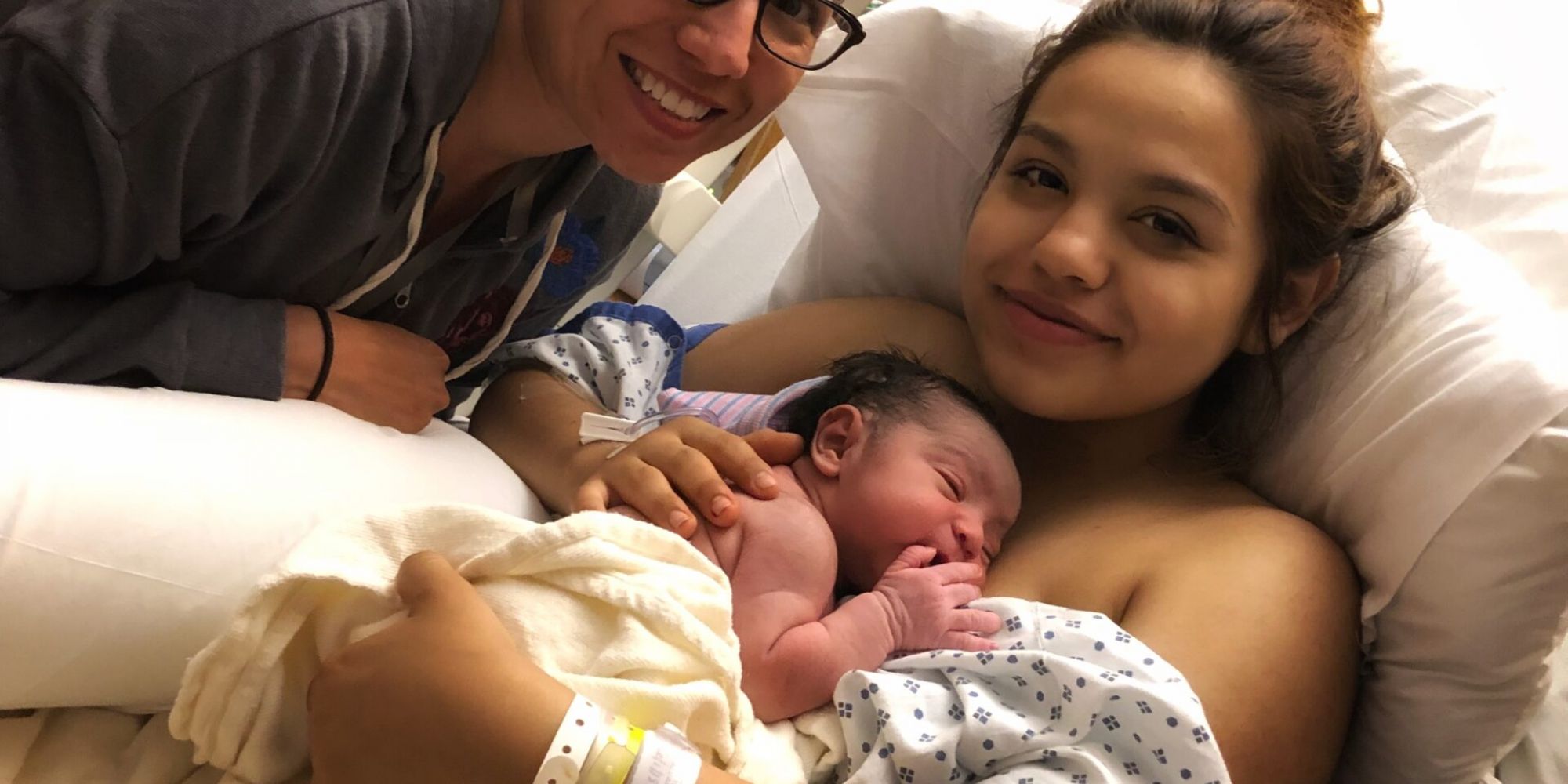The Key to Giving Every Baby a Chance to Thrive

A recent article in the New York Times, “Why America’s Black Mothers and Babies are in a Life-or-Death Crisis,” can best be described with two words: tragic and alarming. As the article notes, black infants in the United States are more than twice as likely to die as white infants, “a racial disparity that is actually wider than in 1850, 15 years before the end of slavery.” The article cites an “inescapable atmosphere of societal and systematic racism” as the root of the problem, which creates toxic, unrelenting stress that negatively affects the cardiovascular, metabolic and immune systems of mothers.

Unfortunately, we are all too familiar with this at New Moms, but as a result of that experience, we also know that this is an epidemic that can be solved by surrounding mothers with support and empowering them to transform their stories from ones of hopelessness to lives filled with stability, health, and vision for a strong future.
At New Moms, this process begins by pairing mothers in their first and second trimesters with a family support specialist who provides coaching and parenting support. Jasmine, who serves in this capacity at New Moms, describes this simply as supporting expectant mothers in their decisions and helping them feel validated as parents. “I do my best to affirm her because, in reality, she doesn’t have a cheerleader who says, ‘I’m proud of you,’” Jasmine said. “She just has people who say, ‘I need you to do this’ or ‘you’re not doing this,’ so that kind of support really fuels her.”
At 27 weeks, a doula begins working with the mother to create a birth plan that gives the mom control over the choices that will be made when the time comes to give birth. Just as important, the doula also serves as a medical advocate for the mother, helping to ensure that they receive high-quality individualized care in line with their birth plan.
This is critical, as these mothers are often not taken seriously by medical professionals or given the opportunity to make the decisions that are best for themselves and their families. “We’ll start meeting with moms once a week for an hour and start to talk about her vision, hopes, and concerns for her birth,” said Cara, a doula at New Moms. “We’ll start to provide education for normal stages for labor… Make sure they have a full understanding of what’s happening to their own bodies.” This support continues through birth and beyond, with the doula providing information, coaching and inspiration that enables mothers to become their children’s first and best teacher.
We know this approach works, because we witness the benefits of it every day among New Moms’ families. If we wish to live in a country where every baby has an equal chance to thrive, we must ensure that every mother has access to the support necessary to make it possible.
“In the U.S., doulas can’t do it by themselves, but based on work that’s taken place globally, they can help reduce infant and maternal deaths using what is essentially a very simple solution.” – Dr. Prabhjot Sing, Director of the Arnhold Institute for Global Health and the Icahn School of Medicine at Mount Sinai